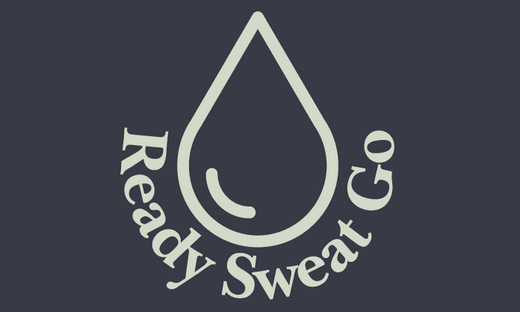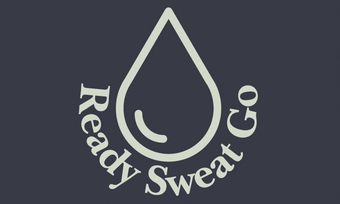Therapy is looking at the past, you’re looking back, exploring what happened. With resilience coaching, there is an element of that, it can get emotional, we’re looking at deep-rooted beliefs, but we do that in the context of how it’s affecting you right now, and what you need to do to
move past it.
It’s present-focused and future-focused, its very practical. Therapy is a lot of talking, resilience coaching has a lot of talking, but its practical, and you’re working towards a goal and structure, and you have actions and homework at the end of each session.
For me, its resilience that’s our lifeforce as human beings.
Authenticity is massive as well, you cannot be resilient without knowing who you are, what matters to you and where you’re going. For a lot of my clients, it’s about answering the question “who am I?” and getting clear on values and
purpose.
Another thing about resilience coaching which might differ
from traditional life coaching, its not just in the mind, we look at the body and your nervous system, how you can use your nervous system to stay consistent, to be adaptable, to support authenticity, to deal with anxiety better, it’s an incredibly powerful tool that we’re only just understanding.
You can’t think your way out of a situation you thought
yourself into, so it’s better to get into your body. Its more effective, there’s so many ways you release yourself from overthinking or catastrophising by getting into your body.
Understanding the impact of your past and mindset is
important as well. I work with clients in developing a resilient mindset, which involves shifting away from negativity, not necessarily to positivity. There is an option in between called neutral thinking, I find it hard to go from negativity to positivity, it doesn’t feel credible to me.
Negative is the glass half empty, positive is the glass half
full, neutral is the glass is refillable, you’re stating fact and people find that easier. There’s a lot in resilience coaching, we don’t need to cover all of it, it just depends on what the individual needs, it often extends into confidence, self-esteem, self-belief, self-trust, learning how to set boundaries with yourself and others, assertiveness, there’s a lot in there, a lot of good stuff.






